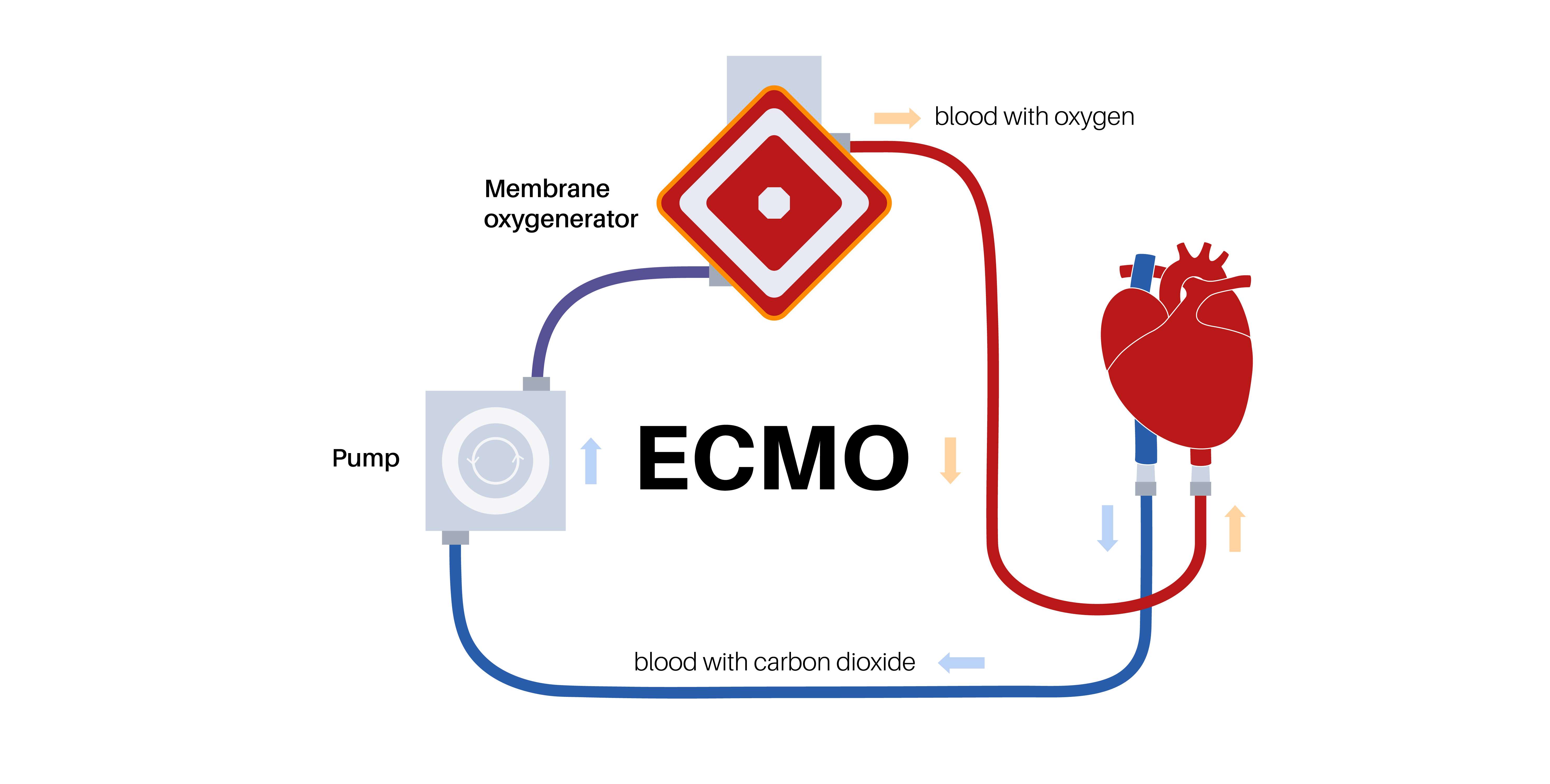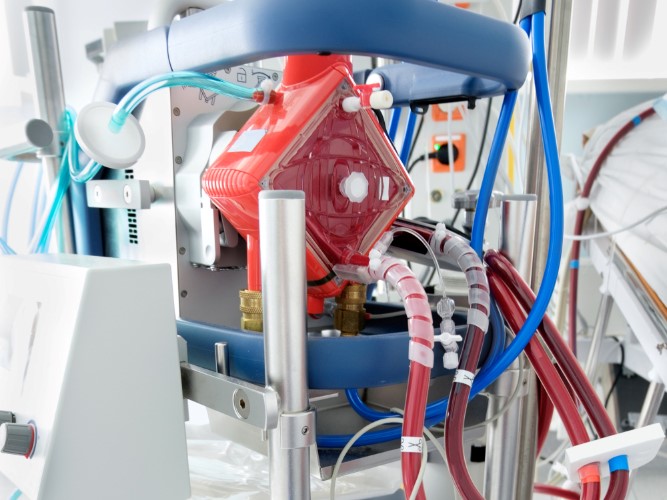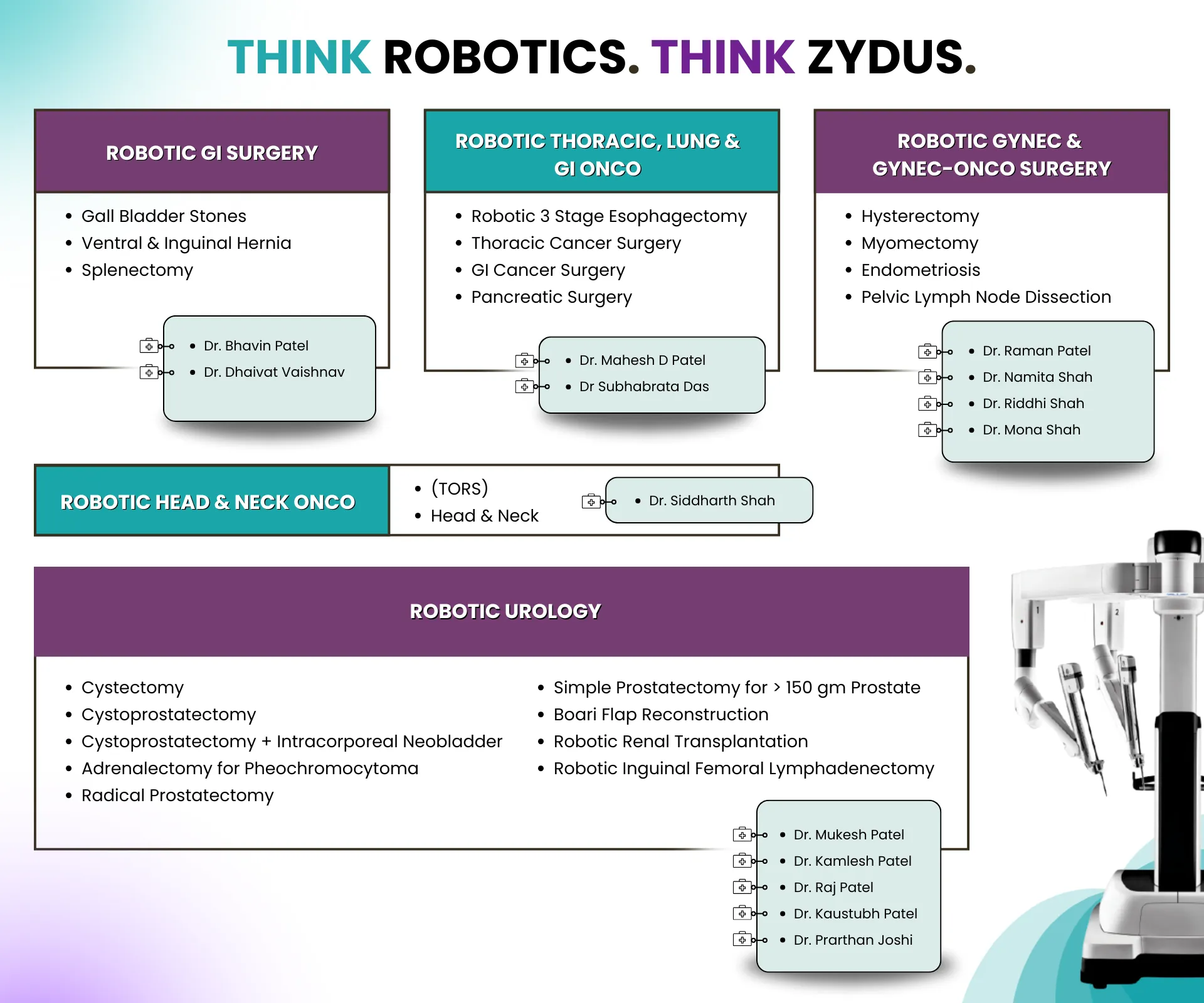
ECMO Treatment
- Medical Specialities
- Cardiac Sciences
- ECMO

ECMO
Extracorporeal membrane oxygenation (ECMO) is a life-support machine that replaces the functions of the heart and lungs. Patients needing ECMO are usually suffering from severe, life-threatening illnesses (like severe lung damage from infection, shock from a massive heart attack, etc.) that majorly impact their regular functioning.
Typically, people are supported by an ECMO machine for only a few hours to days but may require it for a few weeks, depending on how their condition progresses.

FAQ
-
Blood is drawn from the patient’s body and pumped into an artificial lung (oxygenator), where oxygen is added, and carbon dioxide is removed.
-
The oxygenated blood is then returned to the patient using a pump that mimics the force of the heart. The machine is adjusted to provide the precise level of heart and lung support the patient needs.
-
Patients on ECMO in the ICU are closely monitored to ensure the proper functioning of the machine and the patient’s safety. Vital signs such as heart rate, blood pressure, and oxygen levels are continuously monitored.
-
In addition, frequent blood tests assess oxygen and carbon dioxide levels (blood gases). Patients are also given blood thinning medications that prevent blood clots from forming in the ECMO circuit. Blood is tested regularly to ensure it is adequately thinned.
-
The duration of ECMO support varies depending on the underlying condition and its progression. Some illnesses or injuries that improve quickly, only require ECMO support for a few hours. However, for more severe conditions, ECMO may be required for several days or weeks.
-
Important Note:
-
ECMO does not treat the underlying disease or injury. It acts as a bridge, providing critical support while the medical team treats the condition or waits for organ recovery or transplant availability.
-
If the underlying issue improves, the patient can be weaned off ECMO support.


